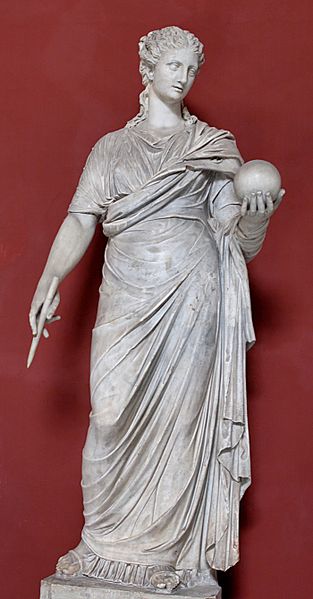
Greek mathematics was concerned with understanding underlying rules for numerical relationships and concentrated on geometric proofs. Math became a component of philosophy, a pursuit of the leisure class, and a way of discerning the laws of the gods. Mesopotamian practical applied math could not be disposed of because cities now required it to function, but the philosophical elite would not stoop to learn it.
The Greeks liked geometric proofs because they are tangible, irrefutably a part of the real world. There was a fear that if mathematics diverged from the concrete world it would become fantasy, and that the pursuit of this fantasy math would be a rejection of truth by the learned man.
The fear of deviating from truth meant that there were four important concepts, integral to the way we see the world today, that people were unable to accept in classical times.
1) Algebraic proofs (if you can’t draw it, is it real?)
2) Zero as a number, not just a placeholder (how do you define something that by definition does not exist?)
3) Irrational numbers (why would the gods create puzzles that have no solution?)
4) Negative numbers (again, they don’t exist)
Although mathematically speaking the Greeks had their limits, these obstacles were not germane to Greek philosophy. The point where mathematics moves into abstraction is a point of crisis for any society. There was a Hindu mathematician in the seventh century, Brahmagupta, who proposed using negative numbers for accounting purposes without finding many takers. How can you do accounting without negative numbers? It boggles the mind. Yet it was once hard for people to take numbers, the most irrefutable link to objective truth, into the world of make-believe.
Numerical symbolism was an abstraction the ancients had no problem with, or maybe it was a problem that was resolved in prehistory. Using a word to represent a number is itself a construct, as is all written language, mathematical or otherwise. Numerical symbolism as a predictive device, which was widely used, is complex, difficult and not entirely reliable. It was therefore not difficulty, complexity, or uncertainty that early mathematicians bulked at: it was the idea of consciously embracing something intrinsically unreal (negative numbers) or intrinsically imprecise (irrational numbers).
